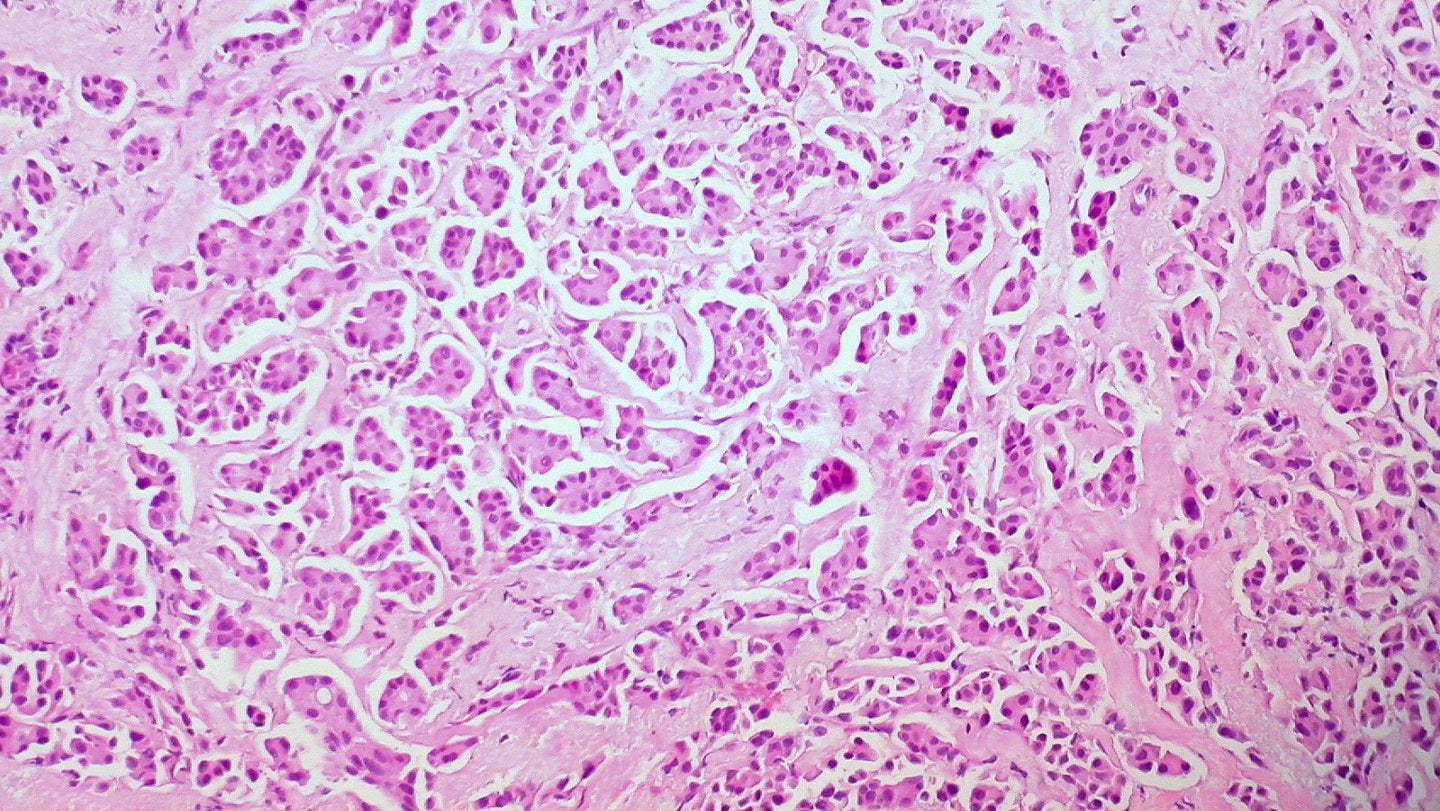
G1 Therapeutics has reported preliminary results from its ongoing Phase II clinical trial of trilaciclib for the treatment of unresectable locally advanced or metastatic triple-negative breast cancer (TNBC).
The single-arm study enrolled 30 subjects who received prior treatment with PD-(L)1 Inhibitor, sacituzumab govitecan-hziy.

Discover B2B Marketing That Performs
Combine business intelligence and editorial excellence to reach engaged professionals across 36 leading media platforms.
People who received trilaciclib prior to sacituzumab showed 50% reductions in the incidence of adverse events such as neutropenia, anaemia, and diarrhoea.
In addition, patients with PD-L1(+) tumours who received trilaciclib responded earlier compared to patients with PD-L1(-) tumours.
The data also demonstrated that trilaciclib has a significant effect on longer-term endpoints such as overall survival compared to earlier efficacy measures of overall response rate and progression-free survival.
In addition to protecting the initial damage caused by ADC therapy, trilaciclib’s immune-mediated mechanism of action improved long-term immune surveillance by increasing certain memory T cells.

US Tariffs are shifting - will you react or anticipate?
Don’t let policy changes catch you off guard. Stay proactive with real-time data and expert analysis.
By GlobalDataG1 Therapeutics chief medical officer Raj Malik said: “It is too early to determine the efficacy of trilaciclib prior to sacituzumab in this patient population.
“Given that this trial includes a heavily pretreated patient population, we are enthusiastic about these data to date.
“We will continue to monitor efficacy to assess the potential of trilaciclib to improve overall survival – by protecting the immune system and stimulating long-term immune surveillance – when combined with additional treatment regimens beyond gemcitabine/carboplatin for patients with TNBC. We look forward to these overall survival data in the first quarter of 2024.”





